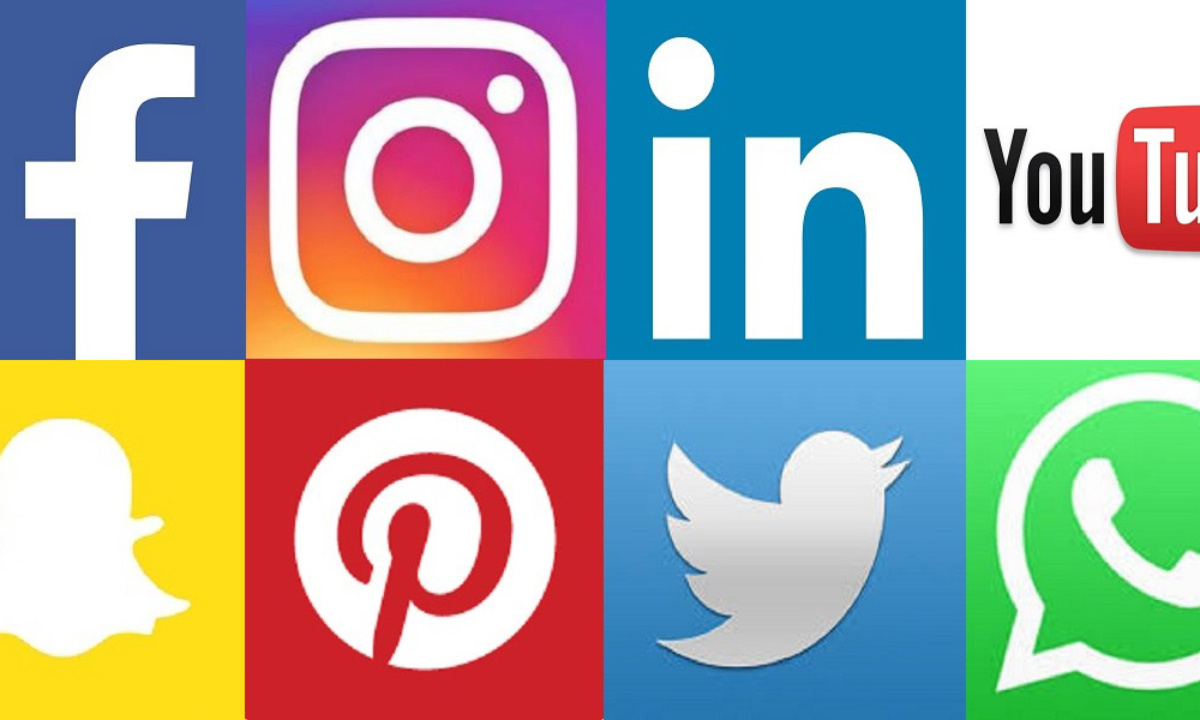In today’s digital marketing landscape, social media has become a cornerstone for brands seeking to engage with their audience, build brand loyalty, and drive sales. However, simply posting content is not enough; understanding the impact of that content is crucial for success. This is where social media analytics tools come into play, providing valuable insights that help optimize campaigns and enhance overall performance. Here’s a look at how these tools contribute to campaign optimization.

Table of Contents
Toggle1. Measuring Performance Metrics
Social media analytics tools allow marketers to track key performance metrics, such as engagement rates, reach, impressions, clicks, and conversions. By measuring these metrics, businesses can evaluate the effectiveness of their campaigns and make data-driven decisions.
- Identify successful content: Analyze which posts or ads generate the most engagement, helping you understand what resonates with your audience.
- Benchmarking: Compare your performance against industry standards or competitors to identify areas for improvement.
2. Understanding Audience Insights
Gaining insights into your audience’s behavior, preferences, and demographics is essential for tailoring your campaigns. Social media analytics tools provide detailed information about your followers, enabling you to create more relevant content.
- Demographic data: Learn about the age, gender, location, and interests of your audience, allowing for better-targeted messaging.
- Behavioral patterns: Identify when your audience is most active, helping you schedule posts for optimal visibility and engagement.
3. Optimizing Content Strategy
Using analytics to inform your content strategy is vital for maximizing engagement and conversion rates. Social media analytics tools help you determine the type of content that performs best and how to improve your overall approach.
- Content performance analysis: Assess which formats (images, videos, stories) and themes (educational, entertaining, promotional) drive the most engagement.
- A/B testing: Experiment with different variations of content to see what resonates best with your audience, allowing for data-driven adjustments.
4. Tracking Campaign Goals
Every marketing campaign should have specific goals, whether it’s increasing brand awareness, generating leads, or boosting sales. Social media analytics tools enable you to track progress toward these goals in real time.
- Goal setting: Establish measurable objectives, such as increasing followers by a certain percentage or achieving a specific engagement rate.
- Performance tracking: Monitor progress throughout the campaign, allowing for quick adjustments if goals are not being met.
5. Competitor Analysis
Keeping an eye on your competitors can provide valuable insights into what works and what doesn’t within your industry. Social media analytics tools often include features that allow you to analyze competitor performance.
- Benchmarking against competitors: Understand where you stand relative to competitors in terms of engagement, follower growth, and content performance.
- Identifying gaps: Discover content opportunities or strategies your competitors are using successfully, which you can adapt for your campaigns.
6. Enhancing Audience Engagement
Analytics tools not only help you measure performance but also provide insights into how to engage your audience more effectively. Understanding what your audience wants and how they interact can inform your engagement strategies.
- Engagement metrics: Track likes, shares, comments, and saves to understand what encourages audience interaction.
- Feedback and sentiment analysis: Monitor audience feedback and sentiment toward your content, allowing you to adjust your messaging to better align with their preferences.
7. Justifying Marketing Spend
In a world where every marketing dollar counts, demonstrating the ROI of social media campaigns is essential. Analytics tools provide the data needed to justify your marketing spend and prove the effectiveness of your efforts.
- Conversion tracking: Monitor how social media traffic converts into leads or sales, helping you assess the value of your campaigns.
- Attribution modeling: Use analytics to understand which campaigns or channels drive the most conversions, allowing for more strategic allocation of marketing budgets.
8. Continuous Improvement
The digital landscape is always changing, and so are audience preferences. Social media analytics tools enable you to adopt a mindset of continuous improvement, using data to refine and enhance your campaigns over time.
- Regular analysis: Conduct ongoing reviews of your campaign performance to identify trends, successes, and areas for improvement.
- Adapting to changes: Be responsive to shifts in audience behavior or industry trends, allowing you to pivot your strategy effectively.
Conclusion
Social media analytics tools play a crucial role in optimizing marketing campaigns by providing actionable insights, enhancing audience engagement, and measuring performance. By leveraging these tools, brands can make informed decisions, adapt their strategies, and ultimately drive better results. In a competitive digital landscape, understanding the impact of your efforts is key to staying ahead and achieving long-term success.


No responses yet